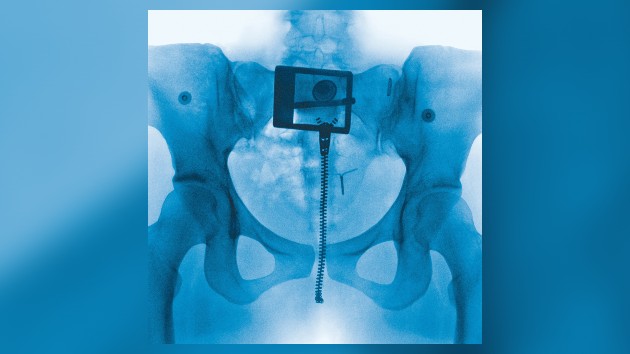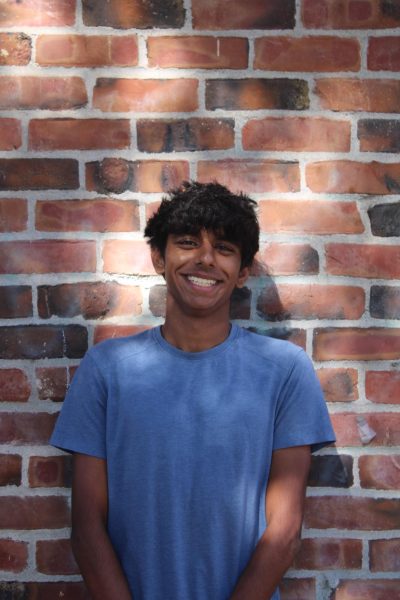The ever-increasing industry of betting and gambling have taken a sharp rise across the past few years. Young people, more than ever, are likely to be engaging in some form of betting, whether that be at casinos, sportsbooks or via online prediction markets such as Polymarket. According to the California Council on Problem Gamblers, about one in 12 adolescents can be considered a problem gambler, with even more having taken part casually and infrequently.
This rapid increase in betting can be attributed largely to large gambling corporations’ successful marketing, which utilizes social media influencers or celebrities to promote their products to the youth. The industry is exceptionally profitable, with Vox reporting that 95% of people lose money while gambling. Most apps are designed in a way that hooks the audience, offering deals or discounts and ways to make gambling even more enticing. The tactics used by these companies are no coincidence. Every element, from “free spins” to “bonus bets,” is engineered to reel in users even further, offering them the illusion of success. The rise of online platforms has only accelerated the problem. Unlike traditional casinos, which require physical presence, betting apps allow users to gamble anywhere, anytime.
Online betting has become increasingly popular, primarily among sports fans. With apps like DraftKings and FanDuel, fans can bet on their favorite teams and players whenever they want, often thinking little about the money they have lost in the thrill of the moment. For those who do consistently lose money, depression is often a harsh result. In some cases, bettors may even try to “win it all back,” risking even more for a chance at redemption.
With platforms like Polymarket and Kalshi, users can gamble or create their own questions on a whim. What might have previously been a friendly wager, has now become an online forum, with hundreds of thousands of dollars poured in. As of May 6, 2025, no more than three weeks since the death of Pope Francis, Polymarket users have contributed a staggering sum of $19 million, all in hopes of correctly guessing who the next Pope will be. This format has been especially popular among younger people, who do not visit traditional casinos or sportsbooks. However, such platforms have revealed a newfound form of real-life prediction. While gambling odds have historically provided a decent context of how likely certain events were to take place, Polymarket and others have shown to be extremely reliable indicators of likelihood, as their odds are constantly being adjusted by real time betting. In fact, Polymarket pulled off the near-impossible feat of correctly predicting every state’s result in the 2024 US presidential election.
Despite age restrictions, many apps rely on lax verification. A BBC investigation revealed teens could bypass checks using prepaid cards or parents’ accounts. In the U.S., only 18 states require mandatory “cool-off” periods for high losses: the lack of which critics call “toothless.” Whether it be on the Super Bowl champion, the sexuality of the next Vice President or a casual game of poker, the gambling epidemic has seeped into the hearts and minds of much of our youth.





















